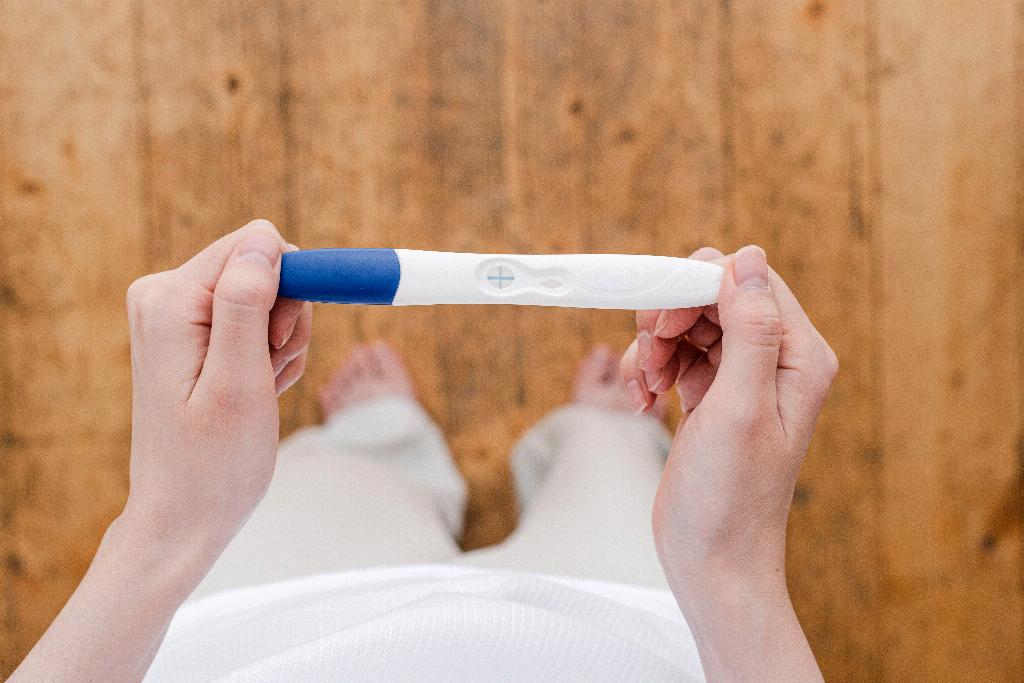Experiencing an ectopic pregnancy can be a challenging and emotional journey for many women. It is crucial to understand what happens after such an ordeal to ensure proper physical and emotional recovery.
Physical Recovery Following Ectopic Pregnancy
After an ectopic pregnancy, physical recovery varies among women. In some cases, the pregnancy resolves on its own, and the body recuperates without significant complications. However, if medical intervention is required, such as medication to address the ectopic pregnancy, physical symptoms like fatigue and abdominal pain may persist for several weeks.
Emotional Healing Post Ectopic Pregnancy
Dealing with the aftermath of an ectopic pregnancy involves not only physical but also emotional healing. It is common for women to experience a range of emotions, including grief, sadness, guilt, and anxiety. Seeking support from loved ones, counseling, or support groups can significantly aid in the emotional recovery process.
Monitoring and Follow-Up Care
Following an ectopic pregnancy, it is essential to have regular monitoring and follow-up care with healthcare providers. This ensures that any potential complications or health concerns are promptly addressed. Your healthcare team will guide you on the necessary steps to take to support your recovery.
Resuming Daily Activities
As you navigate the recovery process after an ectopic pregnancy, it is vital to listen to your body and gradually resume daily activities. Rest when needed, engage in light physical activity, and prioritize self-care to facilitate healing.
Reproductive Health Considerations
After experiencing an ectopic pregnancy, discussions about future fertility and reproductive health are essential. Your healthcare provider can provide insights into your individual situation and offer guidance on when it may be safe to consider trying to conceive again.
Support System and Emotional Well-Being
Building a strong support system and nurturing your emotional well-being are crucial aspects of the recovery journey post ectopic pregnancy. Surround yourself with understanding and compassionate individuals who can offer comfort and encouragement during this challenging time.
Personal Reflection and Coping Mechanisms
Engaging in personal reflection and identifying coping mechanisms that work best for you can aid in processing the emotions associated with an ectopic pregnancy. Whether it involves journaling, meditation, or creative outlets, finding healthy ways to cope is integral to your healing.
Seeking Professional Help
If you find yourself struggling to cope with the aftermath of an ectopic pregnancy, do not hesitate to seek professional help. Mental health professionals, therapists, or counselors trained in reproductive and pregnancy loss can provide valuable support and guidance.
Community Resources and Support Groups
Exploring community resources and joining support groups dedicated to individuals who have experienced ectopic pregnancies can offer a sense of camaraderie and understanding. Connecting with others who have gone through similar challenges can provide a source of comfort and solidarity.
Self-Care Practices for Healing
Integrating self-care practices into your daily routine can foster healing and promote overall well-being after an ectopic pregnancy. Whether it involves gentle exercise, mindfulness techniques, healthy nutrition, or hobbies that bring joy, prioritizing self-care is paramount.
Conclusion
Recovering from an ectopic pregnancy involves a multifaceted approach that encompasses physical, emotional, and psychological well-being. By understanding the post-ectopic pregnancy journey and actively engaging in self-care, seeking support, and prioritizing your health, you can navigate this challenging period with resilience and compassion.

